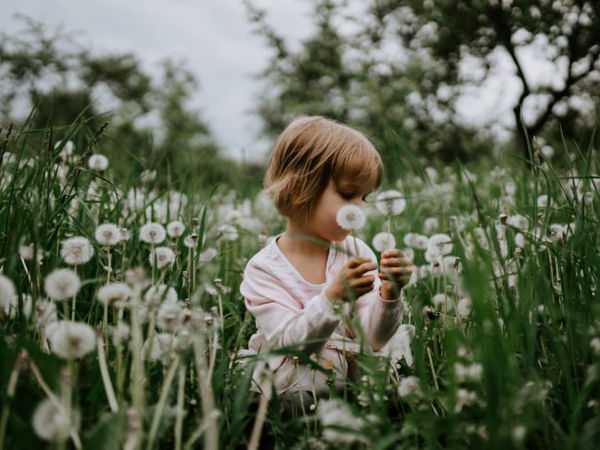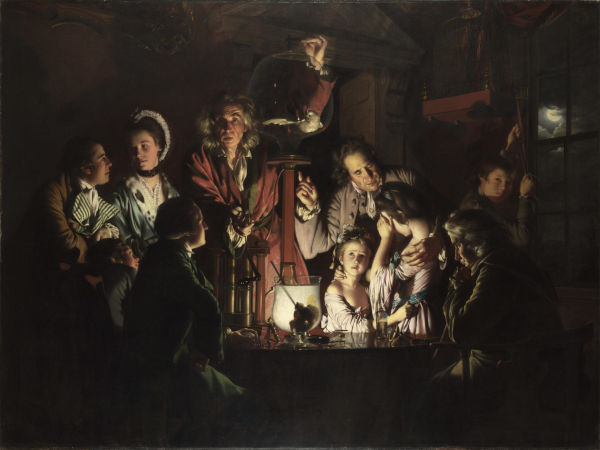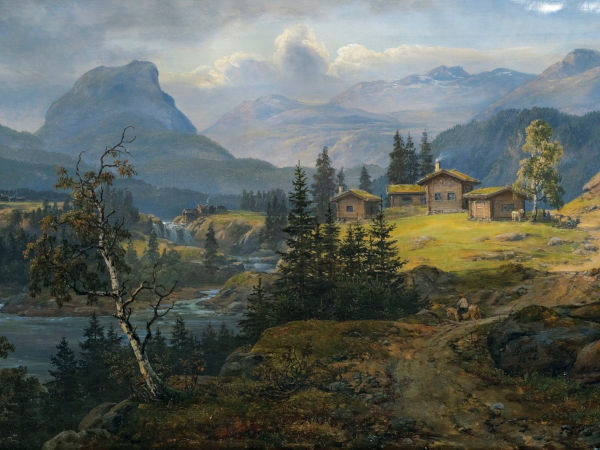Poignant is one of my favourite words in the English language. Perhaps I am charmed by how it disobeys the simplicity of the alphabet’s phonetic decoding…When I enunciate the word poignant, I am transported into a pool of emotions, as if the silent “g” and the invisible “y” worked together to persuade me that there is magic to language. The emotions exist without language, and yet language opens the door to an intuitive way of being in the world.
This post is an excerpt, with minor edits, from Chapter 1 of my PhD Dissertation “Nature, Self, and Being in the World.” A similar essay can be found in my book Poignant Landscapes: Reflections on Pain, Beauty, Belonging, and Being Human.
The mystery of “poignant”
The world poignant was the thread that linked my PhD research with the theme of my life.
While I deliberated over whether poignant was too suggestive of pain at the beginning of my doctoral studies, some of my colleagues thought the word was too vague. Alternative words such as transcendental, sublime, and sacred were contenders, but these words have much narrower connotations and are loaded with both cultural history and present-day meaning.
Thankfully, my supervisor at the time insisted that poignant was appropriate for my research. He shared with me an idea that differentiates mysteries and problems and reassured me that my project was from the realm of the mysterious. The distinction is that a mystery is something we are immersed in, while a problem is something outside of us—a philosophical notion by Gabriel Marcel.
My affinity to poignant landscapes, that is, landscapes that embody what the word poignant means to me, cannot be split into two distinct parts: me and landscape. Thus, poignant landscapes for me are always a mystery. Poignant is a word that embodies our non-linguistic way of being in the world, and therefore, it is conceptually ambiguous.
Its ambiguity also epitomizes the mystery of being human in a complex world.
Searching for shared poignancy
At one time, I deeply wanted others to resonate with my passion for poignant landscapes.
When I worked as a landscape architect, I secretly judged the profession of landscape architecture. I questioned why landscape architects, presumably, did not care if the landscapes around us were not poignant. I wondered why landscape architects, presumably, did not intend to create landscapes that were poignant.
But as much as I wanted everyone to think, make, and dream poignant landscapes, I knew deep inside me that this universal revelation was not possible. Or at least not in the way I had initially thought. Frankly, I did not know at the time what poignant landscapes really meant to me.
I knew that I had the habit of yearning to find the feeling of a poignant landscape in an actual experience: a view of Lake Louise in Banff National Park; hiking up Mount Misen in Miyajama, Japan; waking up to the Alps of Switzerland on a tour bus; the stillness of an inlet on an Alaskan cruise; all were beautiful landscapes that I had a chance to experience. They were almost poignant, but not the poignant landscape experience that I was looking for.
My yearning felt similar to a pilgrimage, but I did not know exactly my pilgrimage destination. Now I realise that the real pilgrimage that was waiting for me was the journey into myself. The form of the pilgrimage manifested as a PhD dissertation.
However, pilgrimages are often taken with religious intentions. So, although my research was not meant to be theological, as a phenomenological and an ontological one, it was, without a doubt, a project about spirituality.
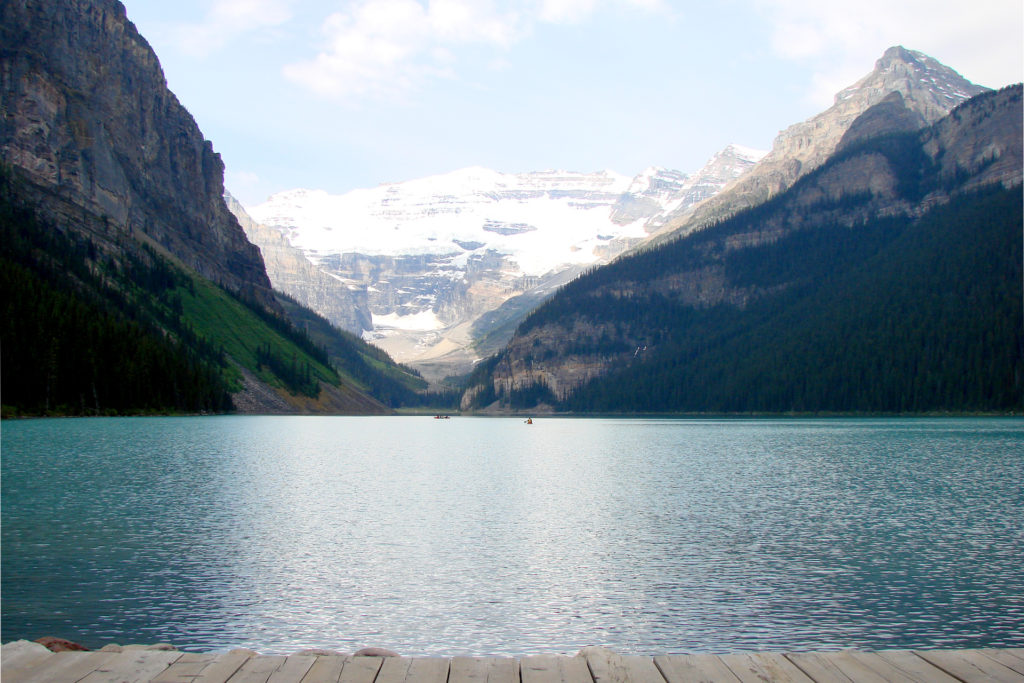
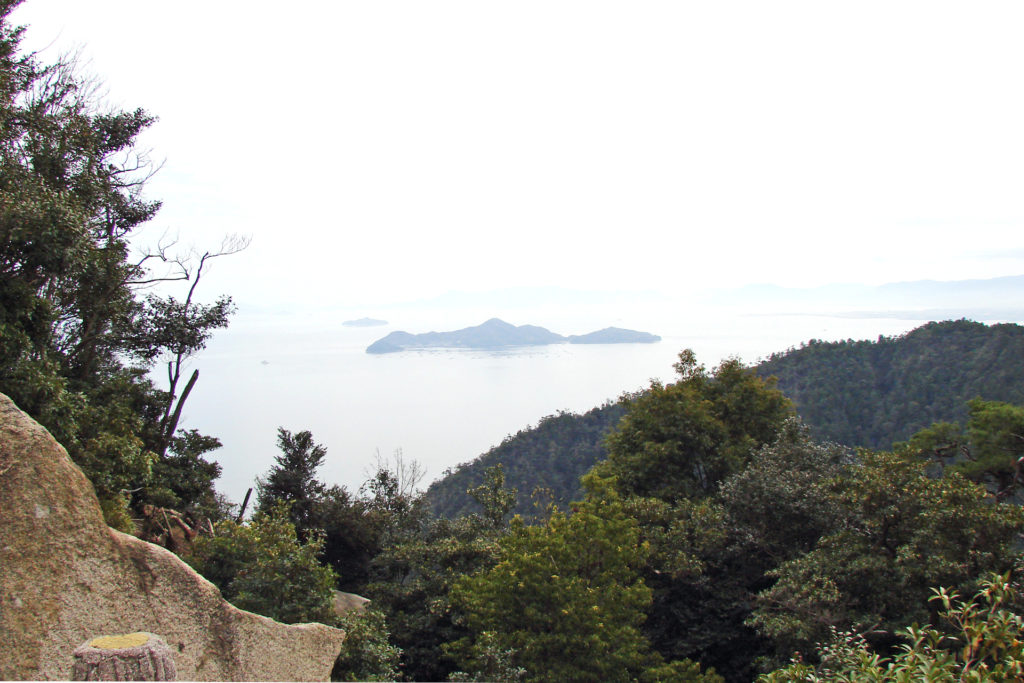

The poignant power of language
But words relating to spirituality, or more accurately, words relating to religion, can bring about much contention. For instance, when I first started my studies by looking at the aesthetics of nature in Romantic landscape paintings, I said to my supervisor something of the sort: “I think I need to talk about God. How can I talk about nature and the sublime in Western history without talking about God? But I don’t think ‘people’ will like it if I do.” Whether these “people” were real future critics or imaginary voices in my mind, the choice to use particular words can be intimidating.
I do not remember my supervisor’s exact words, but he must have responded encouragingly because as my studies progressed, I got a little braver to use words deliberately yet not too prudently. Thus, I could choose to use triggering words like God intentionally.
In the case of God as a word and a concept, there is an association with a holy figure as well as an association to the hermeneutic irony of our human existence to all else—our histories and our cultures (i.e., religion, science, and ideologies), the relationship to ourselves (i.e., faith and reason), and the nature around us. There is no other word, let it be the divine, the sublime, the sacred, or the magical, that embodies the impenetrable power and cultural conflict that the word God carries with it.
Just like God, all words can have multiple associations and interpretations. Just like poignant, all words have potential to trigger emotions and shape our intuitive non-linguistic understanding of the world. Effective communication about the world (even if the exchange is only a discussion within our own mind) needs to start with an acknowledgement of the speaker’s standing. Through the process of hermeneutic deconstruction and reconstruction, I’ve gone through a clarification process for myself for how I want to interpret keywords in discussions about our human existence.
Collective experience is storytelling
Landscape and language are foundational to being in the world. But if communication is interpretative and a landscape experience is a personal encounter, how can a person advocating for the appreciation of landscapes understand and direct someone else’s experience of a landscape?
This experience that I am referring to is not the type of experience that we can report back on and then potentially choreograph through the design of a space. I am referring to lived experience.
I cannot truly know someone else’s experience because I cannot live out anyone else’s experience other than my own. But even if we cannot live out each other’s experiences, we can share the stories of our experiences so that we learn more about each other.
Thus, language mediates our personal experiences with our collective existence as a linguistic species. My initial desire for a PhD research project was to collect stories of other people’s poignant landscape experiences because I wanted to be moved by other people’s stories. I wanted others to be moved by their own stories, and everyone involved to be moved by each other’s stories.
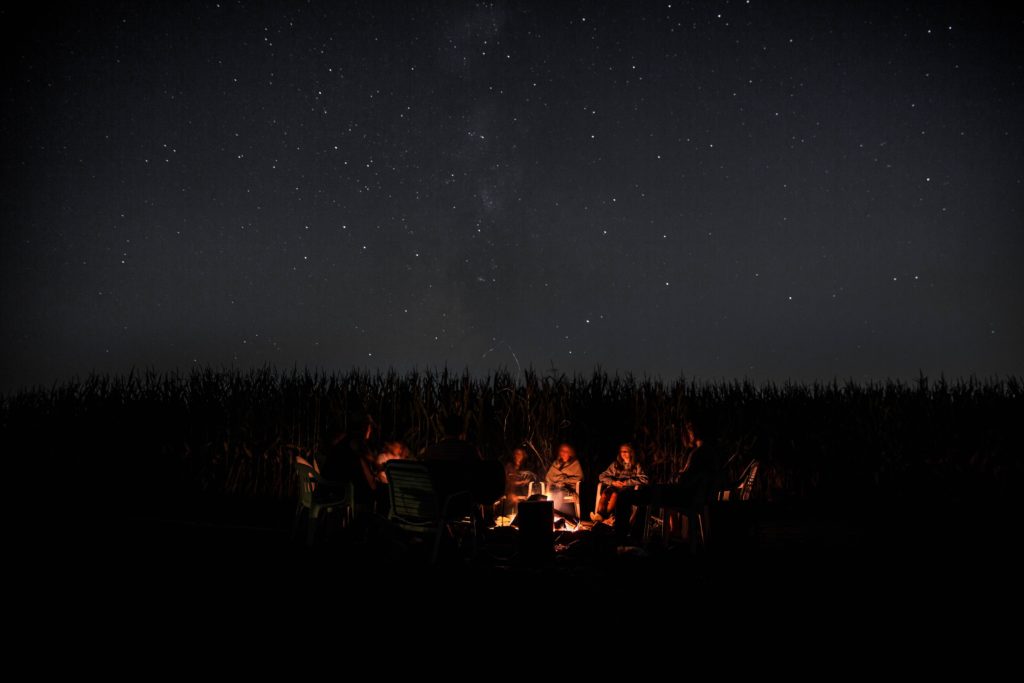
Research: a remembering process
However, I learned through the research process that “research” had to be more than an assemblage of stories; I also had to seek and find something of value through my investigation. So, if research is to re-search, then what I seek might be something that I already know. This knowledge may actually be part of an existential truth, or what Heidegger (1971; [1927] 1996; [1967] 1998) would consider as an unconcealing of Being.
Therefore, perhaps what I had been searching for in my personal yearning for emotional resonance with others is a self-discovery that is simultaneously collective: that is, our lives, played out in our experiences and our relationship with the world, do matter.
Amidst personal and collective apprehension, confusion, apathy, or trauma, there is an essence to being human that is worth living for. And each story of a poignant landscape experience, to me, proves this point.
References:
- Heidegger, Martin. 1971. Poetry, Language, Thought. Translated by Albert Hofstadter. New York: Harper Perennial.
- ———. (1927) 1996. Being and Time. Translated by Joan Stambaugh. Albany, NY: State University of New York Press.
- ———. (1967) 1998. Pathmarks. Edited by William McNeill. Cambridge, UK: Cambridge University Press.
- Treanor, Brian, and Brendan Sweetman. 2016. ‘Gabriel (-Honoré) Marcel’. In The Stanford Encyclopedia of Philosophy, edited by Edward N. Zalta. Metaphysics Research Lab, Stanford University. https://plato.stanford.edu/archives/win2016/entries/marcel/.

